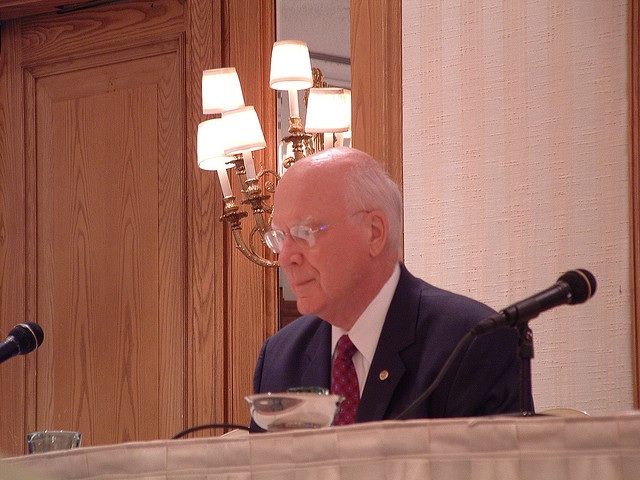U.S. Senate Judiciary Committee Approves Domain Name Blocking Bill Aimed At Curbing Online Piracy
WASHINGTON, November 19, 2010 – The U.S. Senate Judiciary Committee on Thursday unanimously approved legislation that would provide the U.S. Justice Department with enhanced powers to quickly block the domain names and third party enablers of web sites that it deems are dedicated to the piracy of in
WASHINGTON, November 19, 2010 – The U.S. Senate Judiciary Committee on Thursday unanimously approved legislation that would provide the U.S. Justice Department with enhanced powers to quickly block the domain names and third party enablers of web sites that it deems are dedicated to the piracy of intellectual property.
The House has yet to introduce companion legislation, but the passage of the bill on Tuesday by the committee in the senate signals relatively strong support for this particular approach to battling online piracy.
It’s always a possibility, however, that the members of the commerce committees in either chamber could raise concerns about the impact such legislation could have on internet commerce.
The Commerce and Judiciary Committees have historically jockeyed for jurisdiction over important pieces of legislation.
The bill would enable Justice to use court orders to order enabling third parties, such as internet service providers, payment processors and online ad networks to temporarily suspend support for the targeted web sites on an expedited basis.
The list of blocked sites would be posted online by the White House intellectual property czar, and the blockage could be appealed by the web site operators.
The movie industry association and labor groups hailed the Judiciary Committee’s approval of S.3804, the Combating Online Infringement and Counterfeits Act, while Public Knowledge, the digital public interest group, expressed disappointment.
Internet engineers have said that the approach could destabilize the internet. The Consumer Electronics Association, Public Knowledge, the Center for Democracy and Technology, a group of library associations and the NetCoalition, representing Google, eBay and other internet companies, worry that the legal approach in the legislation isn’t fair.
The bill’s chief sponsor was Judiciary Chairman Patrick Leahy, a Democrat from Vermont, but it enjoyed bipartisan support from 17 other senators.










Member discussion